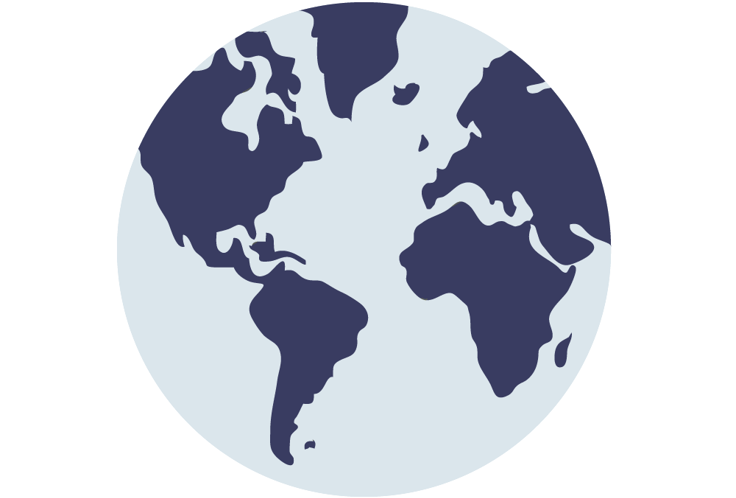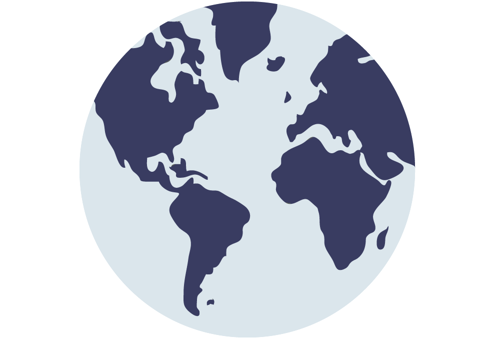Travel vaccine advice and how to prevent infections
This service provides an overview of current travel vaccine advice and how to prevent infections. The countries found here are based on the Ministry of Foreign Affairs' list of countries with which Norway has diplomatic relations.
The recommendations and advice on this page can never replace a medical consultation. To get the best effect from the vaccines, you should begin vaccination well before departure. At helsenorge.no you can check which vaccines you have taken in Norway that are registered for you. You have to pay for travel vaccines and malaria protection.

